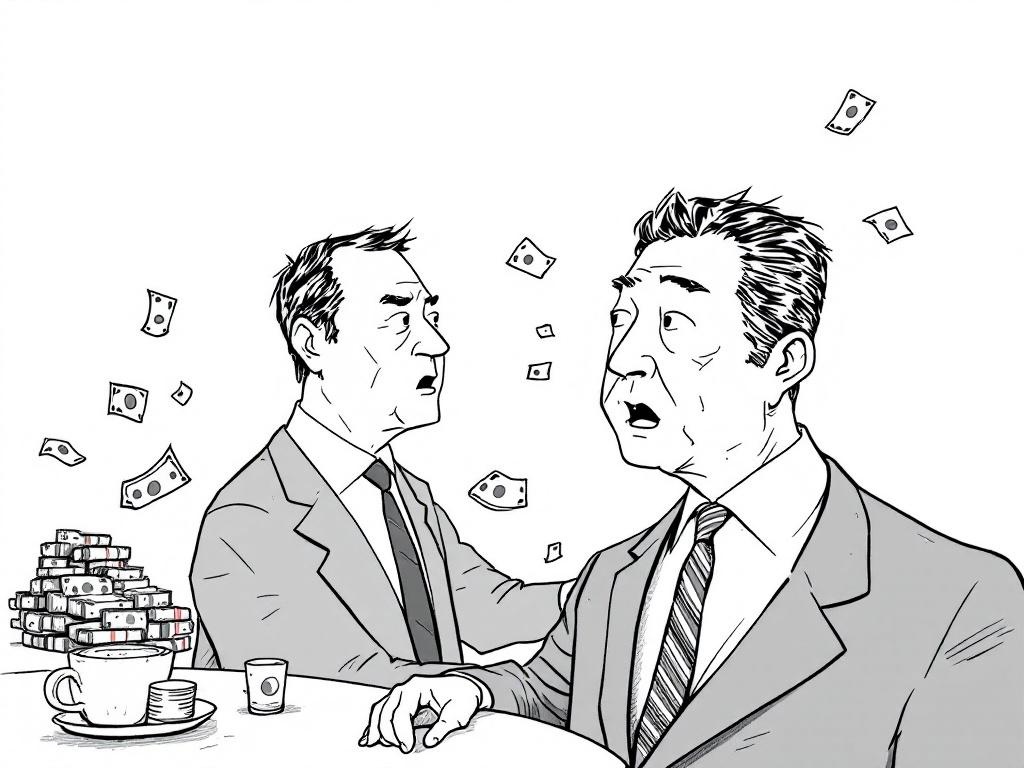Japan PM Ishiba Challenges U.S. Tariffs Amid Election Tension

Tokyo, Saturday, 12 July 2025.
Facing domestic pressure, Japanese PM Ishiba intensifies opposition to U.S. tariffs, potentially impacting key industries as he seeks public support during Japan’s election period.
Escalation of Tensions
Japanese Prime Minister Shigeru Ishiba has adopted a more confrontational tone against the United States, reacting to President Donald Trump’s announcement of a 25% tariff on Japanese goods set to take effect on August 1, 2025 [1][2]. As Japan approaches its Upper House election on July 20, 2025, Ishiba’s rhetoric underlines the strategic importance of standing firm against U.S. policies, which have become a central issue in his campaign [1][3].
Economic Impact of U.S. Tariffs
The proposed tariffs are significant, with expectations that key Japanese industries, such as technology and automotive, will bear the brunt of these measures [1][2]. Ishiba’s response includes firm statements about Japan’s willingness to defend its interests ‘fairly and squarely,’ even against an ally [1]. Additionally, Japan’s chief negotiator, Ryosei Akazawa, has unsuccessfully sought to reach a tariff reduction deal with the U.S., particularly concerning the automotive sector, which is crucial for Japan’s economy [1].
Domestic Political Dynamics
Ishiba’s firm stance against the tariffs resonates domestically, where pressure mounts not only from economic circles but also from opposition parties. Leaders such as Yoshihiko Noda, from the Constitutional Democratic Party, and Yuichiro Tamaki, from the Democratic Party for the People, have criticized the government’s handling of negotiations [1]. Ishiba aims to consolidate a unified domestic front to counter these tariffs, a move that appears strategically timed to coincide with the election period [1].
Strategic Shifts and Future Implications
In a bid to reduce dependency on U.S. economic directives, Ishiba has emphasized the need for Japan to strengthen its self-reliance in sectors like security, food, and energy [2]. He posits that lessening reliance on U.S. imports and diplomatic support will enhance Japan’s strategic autonomy, a sentiment echoed during his recent media appearances and public speeches [2][3]. This reorientation may reshape Japan’s future trade policies and international alliances, especially if domestic sentiment continues to drift towards economic nationalism.